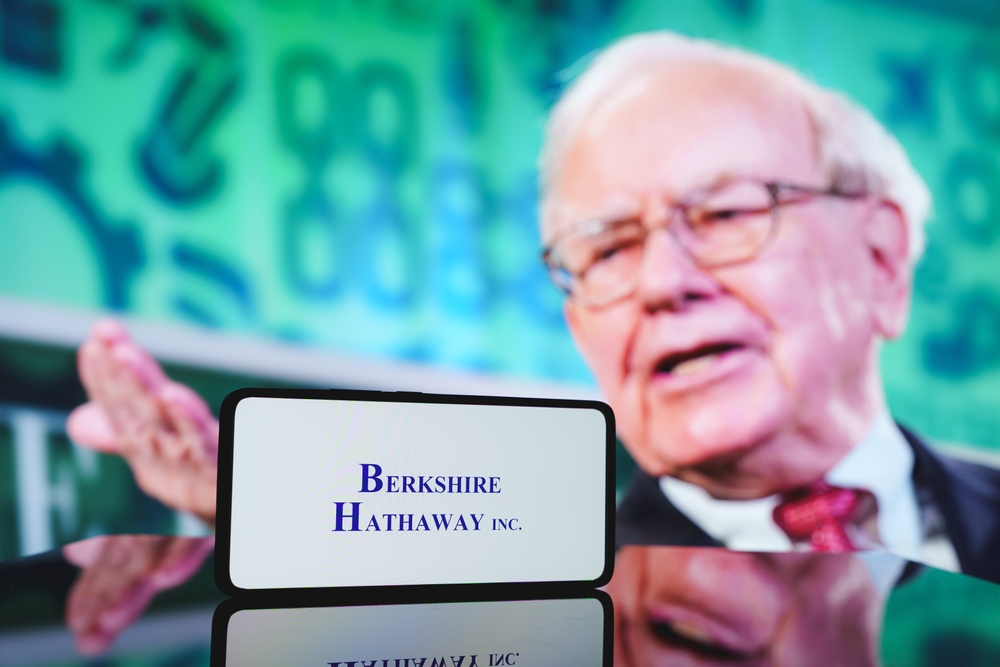On Saturday, Berkshire Hathaway (NYSE:BRK.B) disclosed its 13F statement for Q4 2024, revealing a notable sell-off of S&P 500 ETFs. This move surprised investors, as Warren Buffett had previously praised S&P 500 index funds as the best investment for Americans, even planning to invest his wife’s inheritance in them. The sale has raised questions about whether Buffett is turning bearish on the economy or stock market.
Why Did Buffett Sell S&P 500 ETFs?
Buffett’s investment philosophy emphasizes the long-term growth potential of the U.S. economy, which he sees as dynamic and robust. S&P 500 ETFs are backed by academic research for their risk-reducing diversification. Therefore, unless his view on index funds has changed, the sale likely reflects Buffett’s concerns about current market risks.
The S&P 500’s current P/E ratio is the highest since 2020, and the Shiller P/E ratio is the highest since just before the dotcom bubble burst. Additionally, tech companies, including the Magnificent Seven, now comprise 33% of the index, raising concerns about overvaluation.
Contrasting Strategies: Berkshire vs. S&P 500
Berkshire Hathaway has been de-risking its portfolio by increasing its cash pile to $325 billion, mainly in U.S. Treasuries, which are considered low-risk. Additionally, Berkshire has shifted investments from expensive equities like Apple to more reasonably priced stocks like Occidental Petroleum and Sirius XM Holdings.
Compared to the S&P 500, which trades at 30 times earnings and a 38.5X Shiller P/E ratio, Berkshire is relatively cheap at 17 times operating income and 9.7 times GAAP earnings.
Berkshire’s Recent Stock Sales
Berkshire sold two S&P 500 ETFs in Q4 2024: The Vanguard S&P 500 Index Fund (VOO) and the SPDR S&P 500 ETF (SPY). The sales were likely due to perceived overvaluation rather than issues with the ETFs themselves. With high P/E ratios and sluggish growth among top S&P 500 components like Tesla and Apple, the decision aligns with Buffett’s value-oriented investment philosophy.
Berkshire’s Performance and Future Prospects
Berkshire’s growth metrics are more robust than many of the Magnificent Seven stocks, with better revenue growth and lower valuations. The company is also benefiting from high-yielding U.S. Treasuries and growth in the insurance industry, which is projected to grow by 10.5% in 2025.
Moreover, Berkshire’s stock is cheaper than the average S&P 500 component, making buybacks an attractive option for boosting shareholder value.
Berkshire Hathaway appears poised to outperform the S&P 500 over the next year due to its lower valuation, stronger growth metrics, and strategic de-risking. Its focus on stable, income-generating assets and prudent capital allocation make it an appealing buy compared to the pricier and riskier S&P 500 components.







